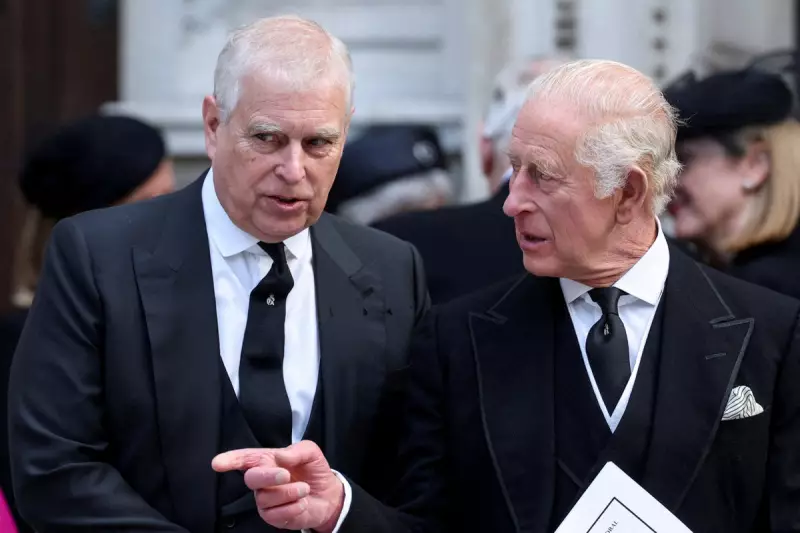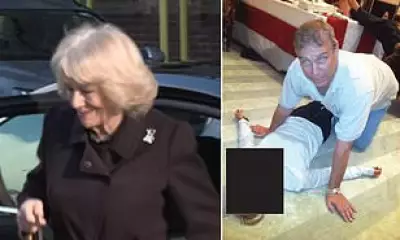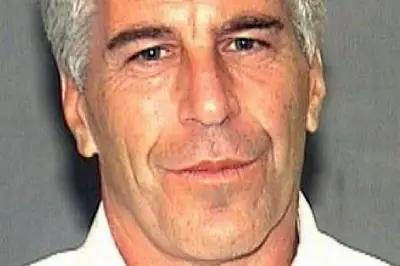
In a significant development that has sent ripples through Westminster, prominent Conservative donor Andrew King has been denied a peerage after failing to pass the House of Lords Appointments Commission vetting process.
The businessman, who has donated substantial sums to the Conservative Party, was notably absent from the recent dissolution honours list published by the Cabinet Office. This omission follows what sources describe as a rigorous scrutiny process that ultimately blocked his path to the upper chamber.
The Vetting Controversy
While the specific reasons behind the commission's decision remain confidential, the rejection highlights the increasing scrutiny being applied to political appointments to the House of Lords. The independent advisory body, responsible for assessing the propriety of nominations, appears to be taking an increasingly firm stance on potential conflicts of interest and the suitability of nominees.
This case emerges against a backdrop of ongoing debates about the composition of the second chamber and concerns about the relationship between political donations and peerages.
Political Reactions and Implications
The blocked appointment has sparked mixed reactions across the political spectrum. Transparency campaigners have welcomed the decision as a victory for accountability, while some Conservative supporters have questioned the consistency of the vetting process.
This development raises important questions about:
- The transparency of the honours system
- The relationship between political donations and peerages
- The effectiveness of current vetting procedures
- The future composition of the House of Lords
The case of Andrew King serves as a potent reminder that even well-connected political donors must pass rigorous independent scrutiny before receiving one of the highest honours in British public life.





